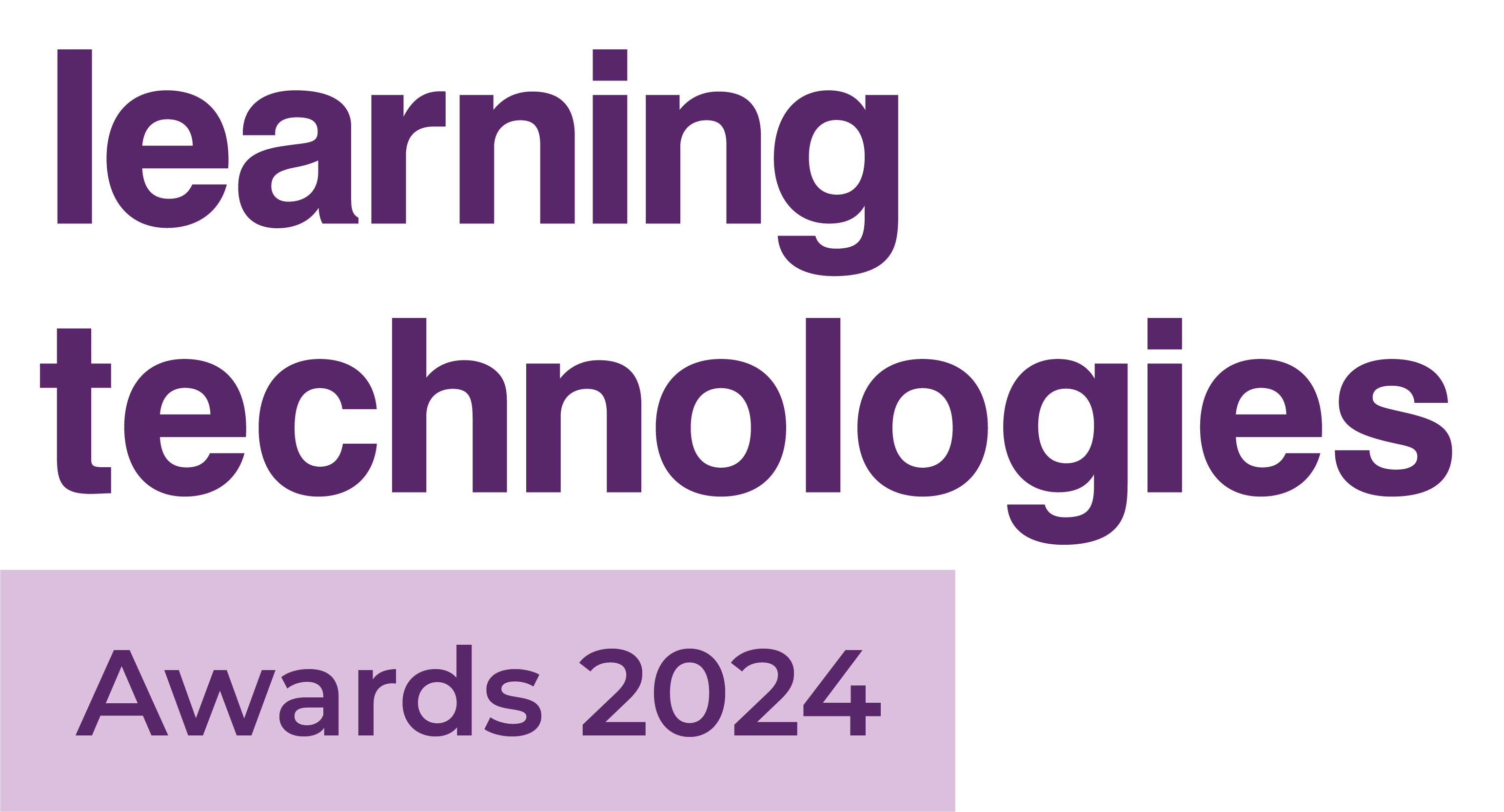What this award category is about
Distance learning courses have been enhanced considerably by the use of the internet as a means for accessing content, assessment, communication and collaboration. The majority of distance learning courses now include a considerable online component, sometimes blended with face-to-face, print and other media.
This award seeks to recognise those distance learning programmes which have made excellent use of online media and tools to facilitate learning. The award is particularly focused on those programmes that employ a range of methods and media over many weeks or months of part-time study, typically leading to a formal qualification.
What the judges will be looking for
- A sound case has been made for the use of online distance learning to meet the requirement.
- Appropriate choices have been made with regard to online tools, techniques and media.
- The content of the programme has been aligned to a clearly identified learning need.
- The programme displays innovation or originality that has been applied to positive effect.
- Learners have been supported effectively, either by tutors or facilitators, or by other specified means.
- Collaboration between learners has been effectively encouraged and facilitated.
- The use of online tools and techniques has achieved the required results in terms of learner satisfaction, take-up and pass rates.
What you need to know
The judging panel will score submissions according to how well they fulfil the specific criteria listed above.
The submission must show online tools and techniques have improved the distance learning programme in question or effectively replaced other methods and media. Reasons may be financial, logistical, practical or related to enhancing the learning experience.
It may be strongly beneficial if the judging panel can see your submission in action.
You must back up any claims about impact that you make in your submission with supporting evidence and qualitative and quantitative data. Comments from individual learners and stakeholders will carry less weight than broader surveys or quantitative data.
Presentations to the judging panel are required for all shortlisted entries in this category.

)
)
)
)
)
)
)
)
.png/fit-in/500x500/filters:no_upscale())
)
)
)
)
)
.png/fit-in/500x500/filters:no_upscale())
.png/fit-in/500x500/filters:no_upscale())
)
)
)
)
)
.png/fit-in/500x500/filters:no_upscale())
)
.png/fit-in/500x500/filters:no_upscale())
)
)
)
)
)
)
)
)
)
)
)
)
)
)
)
)
)